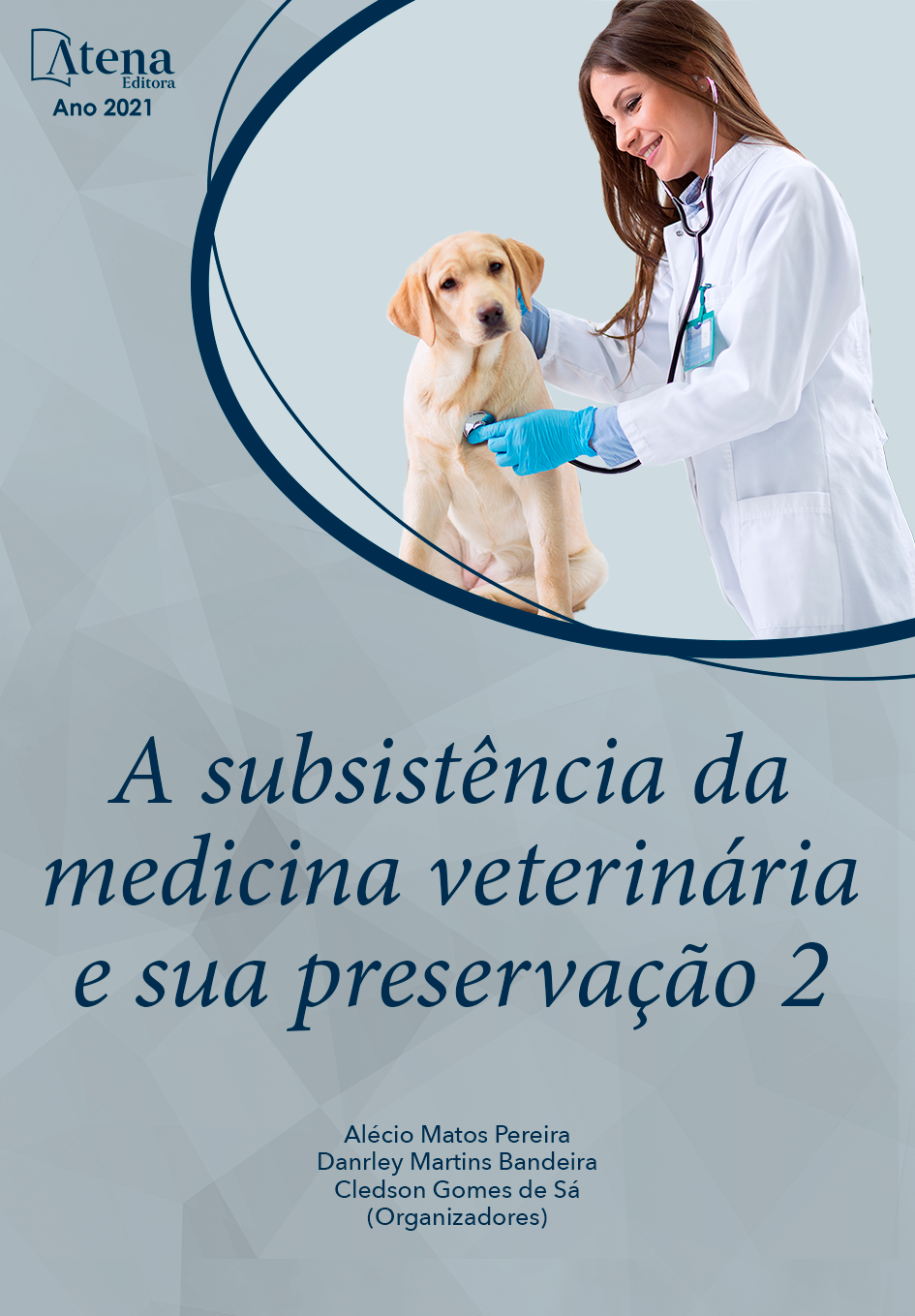
EFEITO DO ÓLEO ESSENCIAL DOS FRUTOS DE AROEIRA VERMELHA (SCHINUS TEREBINTHIFOLIUS RADDI) NO PERÍODO PRÉ-IMPLANTE DE RATAS PRENHES
As plantas medicinais são importantes no fornecimento de matéria-prima para a síntese de medicamentos porém também podem ser tóxicas. A espécie Schinus terebinthifolius Raddi, popularmente conhecida como aroeira-vermelha ou pimenta rosa, é amplamente consumida por muitas pessoas. O objetivo deste estudo foi avaliar os efeitos adversos do óleo essencial dos frutos de Schinus terebinthifolius sobre a gestação, administrado no período pré-implantação. Foram utilizadas 32 fêmeas gestantes divididas em quatro grupos, um controle (Tween 80) e outros três tratadas com óleos nas doses de 25mg/kg, 50mg/kg e 100mg/kg tratados uma vez ao dia, do primeiro ao sétimo dia de gestação, por via oral. Estatisticamente não houve diferença entre os grupos tratados em relação à perda pré-implante, mas houve diferença estatística significativa com relação ao aumento do peso do útero vazio, tanto na massa relativa quanto absoluta. Conclui-se que as ratas tratadas com óleo de aroeira-vermelha apresentaram sinais de toxicidade gestacional
EFEITO DO ÓLEO ESSENCIAL DOS FRUTOS DE AROEIRA VERMELHA (SCHINUS TEREBINTHIFOLIUS RADDI) NO PERÍODO PRÉ-IMPLANTE DE RATAS PRENHES
-
DOI: 10.22533/at.ed.59821081110
-
Palavras-chave: Schinus terebinthifolius, toxicidade reprodutiva, ratas prenhes.
-
Keywords: Schinus terebinthifolius; reproductive toxicity; pregnant rats
-
Abstract:
Medicinal plants are important for supplying raw materials for the synthesis of drugs and may also be toxic. The species Schinus terebinthifolius Raddi, popularly known as aroeira red or pink pepper is widely consumed by many people. This study aimed to assess adverse effects of the essential oil from the fruits of Schinus terebinthifolius on pregnancy, administered during the preimplantation period. We used 32 pregnant animals divided into four groups, a control (Tween 80) and three treated oil at doses of 25mg/kg, 50mg/kg and 100mg/kg treated once daily, the first to the seventh day of pregnancy, orally. Statistically there was no difference between the treated groups compared to pre-implant loss, but there was a statistically significant difference with respect to the increased weight of the empty uterus, both in relative mass as absolute. It is concluded that the rats treated with oil of mastic-red fruits showed signs of gestational toxicity.
-
Número de páginas: 6
- Karoline Figueredo Rodrigues
- Marina Rebeca Soares Carneiro de Sousa
- Jamylla Mirck Guerra de Oliveira
- Silvéria Regina de Sousa Lira
- Maria Zenaide de Lima Chagas Moreno Fernandes
- Rozeverter Moreno Fernandes
- Moema Sousa de Oliveira


